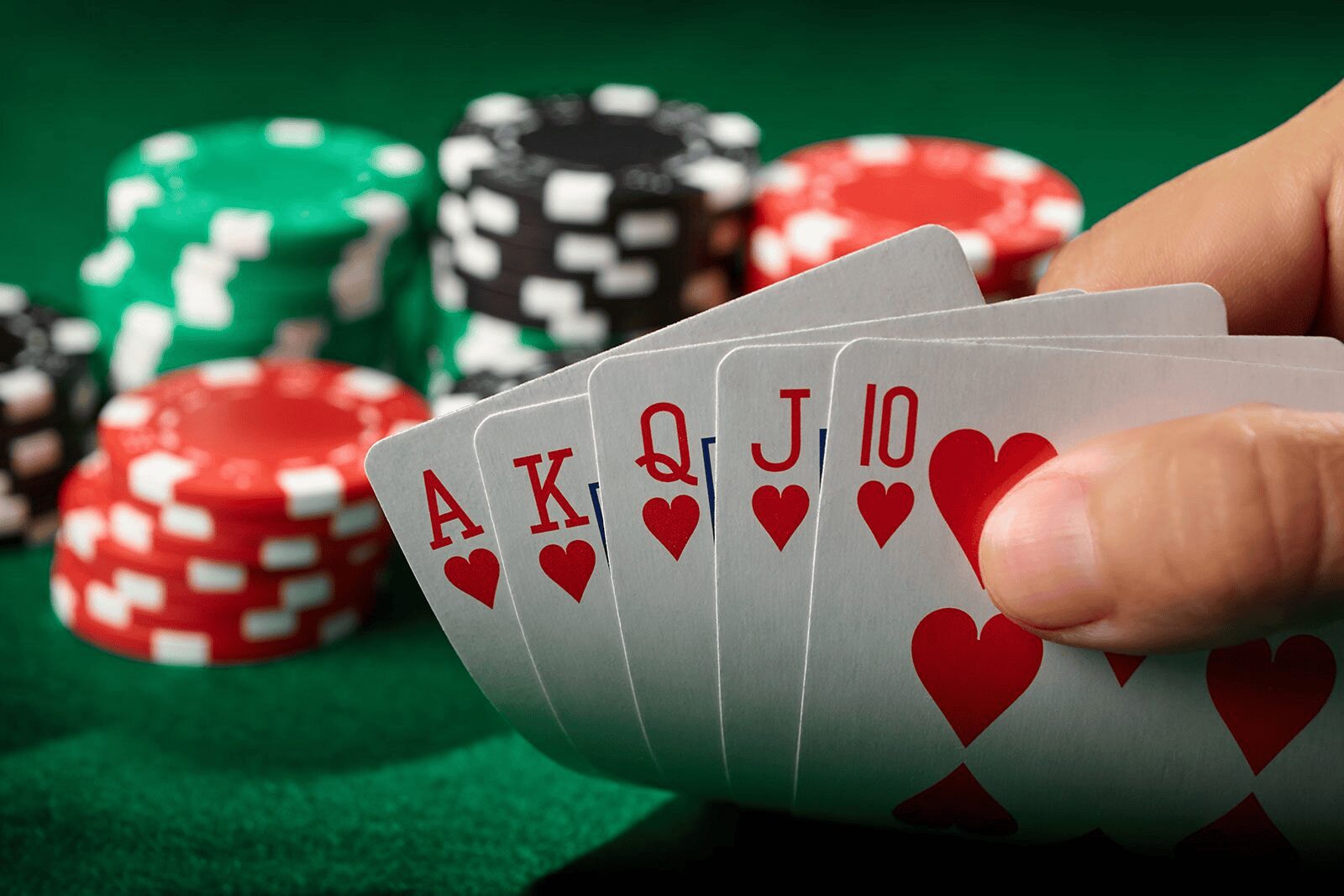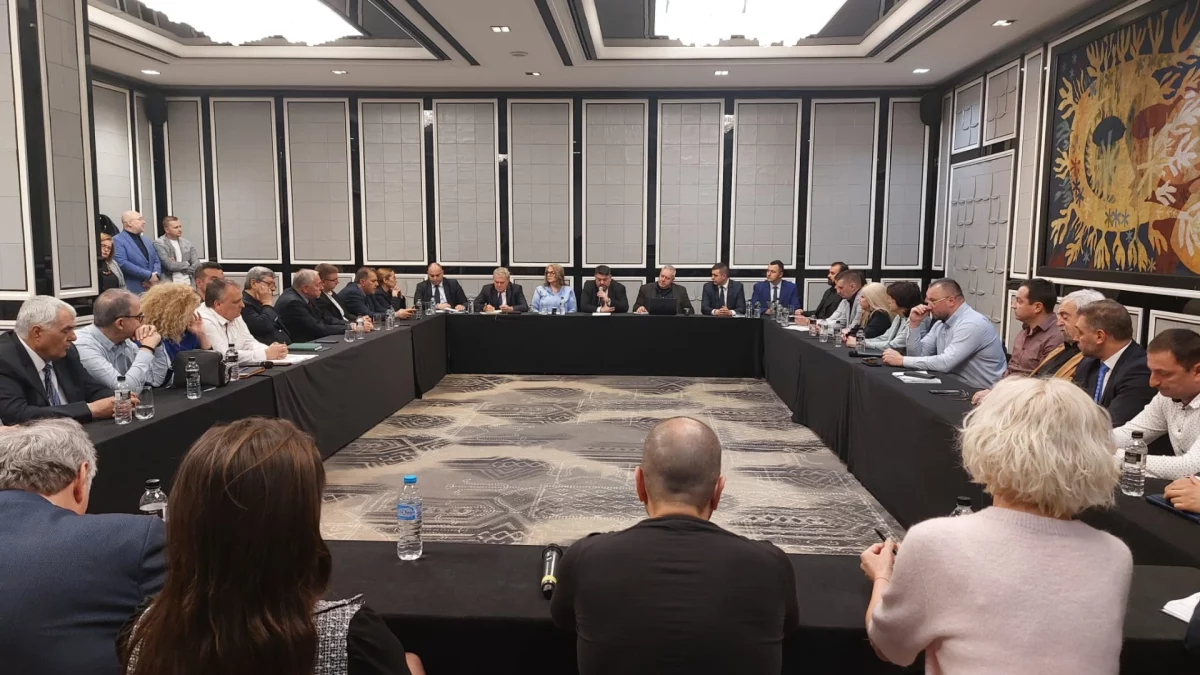There’s been a major update in the Gameskraft Technologies case. The Indian government told the Supreme Court that any game involving stakes, skill-based or chance, qualifies as gambling under the GST framework. The Centre argued for taxation of the full face value of stakes in online games, not only the platform’s commission.
This was part of a detailed rejoinder filed by the Directorate General of Goods and Services Tax Intelligence. Additional Solicitor General, N. Venkataraman said placing a stake is essential to playing the game, so the entire amount paid must be treated as consideration under GST law.
Under Section 15(1) of the CGST Act, the value of supply is the actual amount paid. Since actionable claims in betting are considered supply of goods, the full stake amount qualifies for taxation. The ASG noted that the game cannot proceed without it.
Legal Precedents Support Full Taxation
To back its view, the Centre cited the Supreme Court’s 2020 ruling in Skill Lotto Solutions. The Court ruled that lottery ticket prices, including prize money, cannot be excluded from the taxable value of supply. This also applies to online games with stakes.
Gaming companies argued only their commission or service fee should be taxed, as winnings are redistributed to players. The Centre rejected this, saying the entire stake paid forms the consideration. There is no legal basis to split the value of supply into taxable and non-taxable parts.
Regarding claims that funds in escrow accounts are not the platform’s income, the government claimed those funds are no longer under the player’s control. It dismissed comparisons to UK cases like Quistclose, stating those do not apply in India.
Rule 31A Applies to All Betting
The government defended Rule 31A(3) of the CGST Rules, which emphasises the value of supply in betting as 100% of the stake. While gaming firms say the rule only applies to horse racing in race clubs, the Centre argued it covers all betting and gambling formats.
Rule 31A was introduced after the GST Council’s recommendation. The Fitment Committee had warned operators might try to reduce tax by excluding winnings. The rule was created to ensure uniform taxation and prevent this.
The government pointed out the wording “betting, gambling or horse racing” lists separate categories, making online betting clearly included.
Games of Skill Also Taxable Under GST
On if skill-based games are exempt, the government was clear that the nature of the game doesn’t matter once stakes are placed. A bet on an uncertain outcome qualifies as gambling.
“The moment a stake is placed with a chance to win, it becomes gambling, the game’s format does not change the nature of the transaction”, the ASG said.
The Centre said all four pillars of taxation are met. The Supreme Court’s decision will set the future of GST on online gaming in India.

 Companies
Companies 





